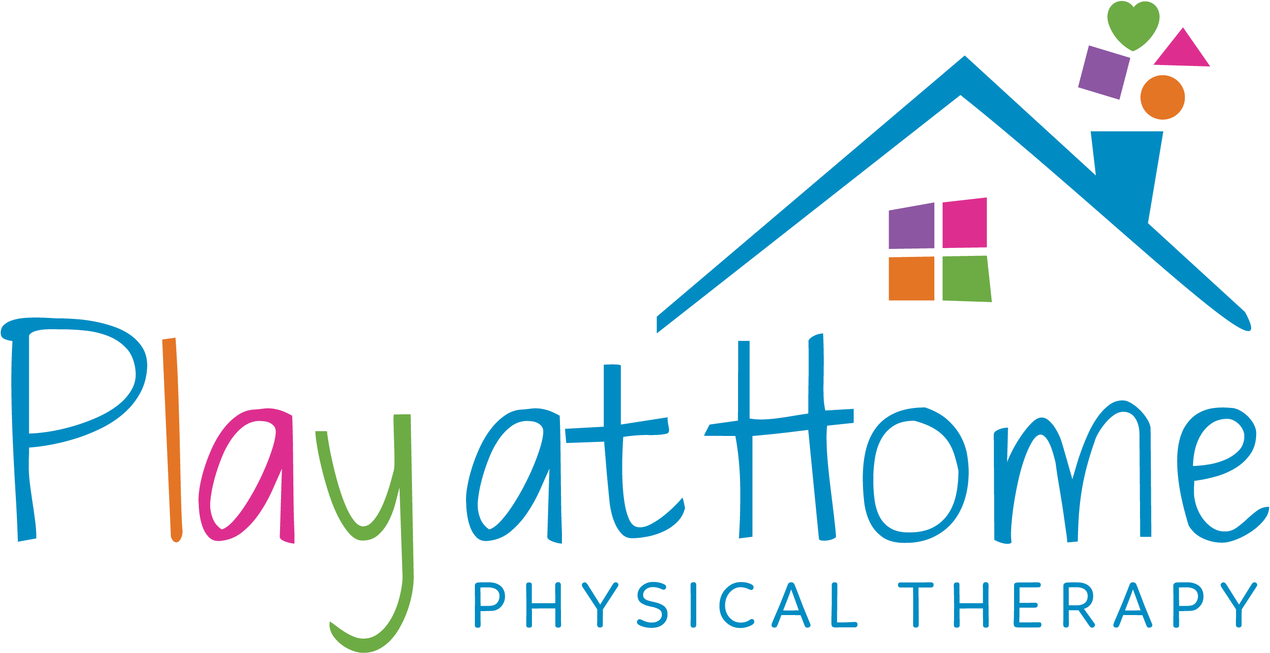Torticollis
Physical Therapy for Torticollis
Torticollis - wry neck - tight neck - tilted head
Torticollis is typically characterized by a tightening of neck muscles on one side of the neck, resulting in a head tilt toward one side and head rotation toward the opposite side. Most often, torticollis is related to the tightening of the sternocleidomastoid (SCM) muscle, although other muscles may be involved.
In many cases, torticollis is present at birth, most likely due to positioning in the womb. However, torticollis can also develop after birth. This is usually due to positioning and increased use of containers.
Torticollis is often associated with flat head syndrome, or plagiocephaly, which includes head and facial deformities. If left untreated, it can also lead to decreased strength, vision problems, decreased use of both sides of the body together, which can all cause a developmental delay. Fortunately, treatment for torticollis is often very successful. The key is to start early. The sooner treatment starts, the better the outcome.
In many cases, torticollis is present at birth, most likely due to positioning in the womb. However, torticollis can also develop after birth. This is usually due to positioning and increased use of containers.
Torticollis is often associated with flat head syndrome, or plagiocephaly, which includes head and facial deformities. If left untreated, it can also lead to decreased strength, vision problems, decreased use of both sides of the body together, which can all cause a developmental delay. Fortunately, treatment for torticollis is often very successful. The key is to start early. The sooner treatment starts, the better the outcome.
How is torticollis treated?
Torticollis is one of the more common conditions treated by Play at Home Physical Therapy. Treatment typically includes a combination of the following:
Play at Home Physical Therapy understands, not only the importance of treating torticollis effectively, but also the challenges that come along with the diagnosis. Even without a torticollis diagnosis, adjusting to life with a young baby isn't easy. After the birth of her first daughter, Play at Home Owner, Dr. Stephanie Lint, PT, DPT, immediately noticed the head tilt and head turn preference associated with torticollis (read more here). As a pediatric physical therapist who has spent a career treating torticollis, trying to balance treatment with being a new parent was a major obstacle. We design our treatment to be flexible and provide treatment plans that embed the various exercises into the family's daily routines.
- Stretching
- Massage
- Repositioning
- Tummy Time
- Gross Motor Stimulation
- Total Motion Release (TMR).
Play at Home Physical Therapy understands, not only the importance of treating torticollis effectively, but also the challenges that come along with the diagnosis. Even without a torticollis diagnosis, adjusting to life with a young baby isn't easy. After the birth of her first daughter, Play at Home Owner, Dr. Stephanie Lint, PT, DPT, immediately noticed the head tilt and head turn preference associated with torticollis (read more here). As a pediatric physical therapist who has spent a career treating torticollis, trying to balance treatment with being a new parent was a major obstacle. We design our treatment to be flexible and provide treatment plans that embed the various exercises into the family's daily routines.
